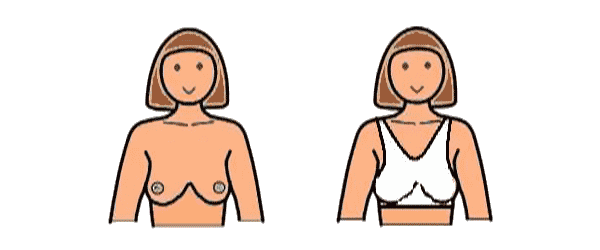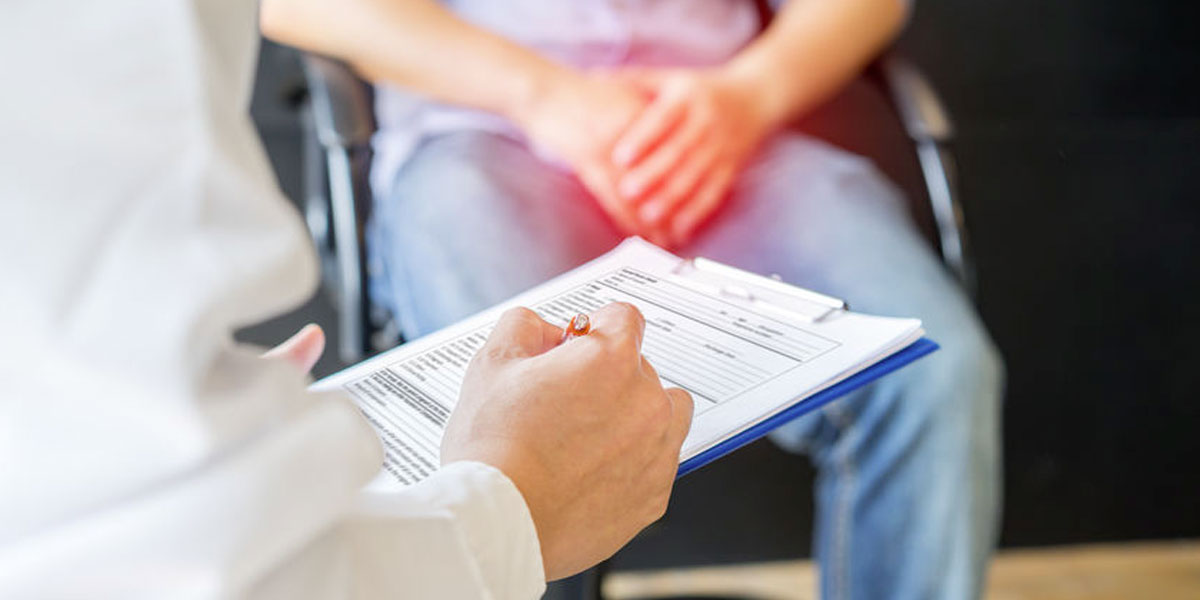About Coronavirus also called Covid 19
This page contains information to help you to understand Coronavirus or as it is also called, COVID 19. This page tells you what it is and how to stay safe.
Covid 19 also called Coronavirus is a new illness that can affect your lungs and your airways.
Coronavirus can cause Pneumonia. This can be most serious for the very young, the old and can be dangerous for people who are already ill.
The government wants to keep everyone safe from Coronavirus so they have given us some new rules they want us to stick by.
This video explains what the Government want you to to
Here is an easy read booklet about the virus from Public Health England
Staying safe
Stay at home to stop coronavirus spreading
Everyone must stay at home to help stop the spread of coronavirus.
This includes people of all ages – even if you do not have any symptoms or other health conditions.
You can only leave your home:
- to shop for basic essentials – only when you really need to
- to do one form of exercise a day – such as a run, walk or cycle, alone or with other people you live with
- for any medical need – for example, to visit a pharmacy or deliver essential supplies to a vulnerable person
- to travel to and from work – but only where this is absolutely necessary.
If you catch coronavirus
What to do if you have coronavirus symptoms
Continue to stay at home if you have either:
- a high temperature – this means you feel hot to touch on your chest or back (you do not need to measure your temperature)
- a new, continuous cough – this means coughing a lot for more than an hour, or 3 or more coughing episodes in 24 hours (if you usually have a cough, it may be worse than usual)
To protect others, do not go to places like a GP surgery, pharmacy or hospital. Stay at home.
Use the 111 online coronavirus service to find out what to do.
Use the 111 coronavirus service
Only call 111 if you cannot get help online.



 Back
Back Top
Top
















































